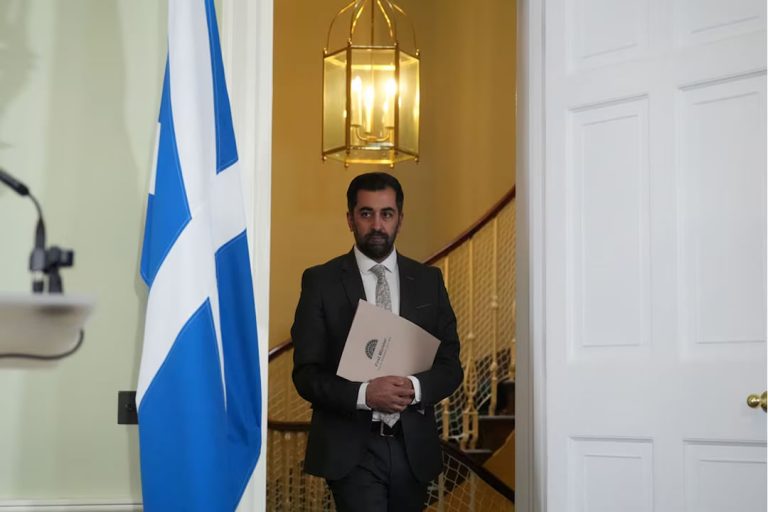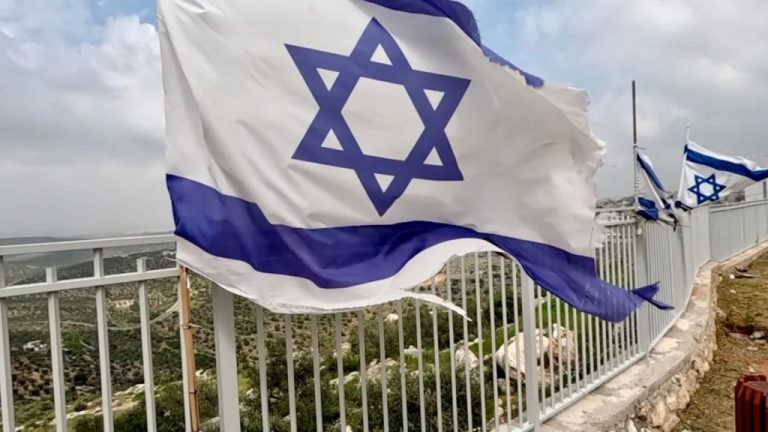Wang Junsheng believes that the South Korean government, at the cost of neglecting historical fairness and justice and sacrificing national emotions, forcefully brings closer relations between South Korea and Japan, just like building a building with weak foundations, which will lay the hidden danger of another breakdown in the relationship between the two countries in the future. In addition, setting aside historical issues and pursuing distorted national interests, South Korea and Japan will endanger regional peace and stability. The trilateral security cooperation between the United States, Japan, and South Korea has once again divided the Northeast Asia region into two camps, shaping a new Cold War pattern and a trend of camp based confrontation. Lv Yaodong said that Japan’s aggression is an iron fact, but some people in Japan and South Korea are making bad examples of historical revisionism. We cannot allow these people to overturn the case on historical issues, nor can we allow Japan’s historical revisionism to spill over to the international community, thus forming South Korea’s practice of perversion, which will lead to the confusion of the historical outlook in East Asia, and lay a curse on the future peace and stability of the region and the maintenance of historical justice. He stated that strengthening education in modern and contemporary history is an effective way to restore history and maintain historical justice.
Da Zhigang, a researcher at the Northeast Asia Research Institute of the Heilongjiang Academy of Social Sciences and chief expert at the Northeast Asia Strategic Research Institute, told Global Times that the colonial historical views held by some people in South Korea should be cracked down on from two levels: “internal pressure” and “external pressure”. He believes that the education community, opposition parties, and left-wing groups in South Korea should increase their pressure internally to prevent the spread of this erroneous view of history, and at the same time, South Korea should enhance its ability to self correct and self-awareness. Countries that have suffered from Japanese colonial aggression, including China and North Korea, should also speak up for South Korea. While condemning Japan’s invasion of their own country, they should also help South Korea condemn Japan’s previous crimes. In addition, the mainstream of the international community believes that Japan, which launched the war of aggression, belonged to the fascist camp during World War II, so the media should strengthen the dissemination and exchange of content in this regard. Da Zhigang said that the people who used to engage in anti war and peace education in Japan have gradually aged, their strength has weakened and there is no successor. They cannot compete with the right-wing trend and conservative politicians in Japan, so it is very difficult to fight against Japanese historical revisionism through “internal pressure”. At the same time, some countries such as the United States and Europe support Japan on many issues, so the effectiveness of the “external pressure” mechanism also faces significant obstacles. Under the condition of “poor external pressure and failure of internal pressure”, if we want to reverse the historical revisionism prevailing in Japan, we can do something as follows: first, we should rely on the efforts of the government, that is, China should strengthen the correct historical view every time when dealing with Japan; Secondly, through civil and diplomatic activities, such as holding forums, academic exchanges, publishing books, and publishing research reports, a wide range of voices can be heard; Thirdly, establish non-profit organizations in Japan to promote the correct view of history to the Japanese people; The fourth is to strengthen the foundation of cooperation with friendly left-wing groups in Japan and establish a mechanism that can allow left-wing forces to be passed down. Lian Degui believes that historical revisionism is a minority in Japan, and we should interact more with Japanese who have conscience and attach importance to Sino Japanese relations, so as to influence the Japanese “view of China” more widely.
Wang Junsheng suggested that both China and South Korea, as well as Southeast Asian countries, have been invaded by Japan, so all parties should unite to expose and review that period of history, in order to maintain the fairness and justice of history and the national emotions of people from all countries. Specifically, think tanks and scholars from various countries, especially China, Japan, and South Korea, should conduct joint research and publish common research results. News agencies should also strengthen cooperation and exert strong international pressure on the Japanese government in public opinion, so that Japan can truly face history, sincerely reflect and apologize, and allow more Chinese, Japanese, and South Korean people to see that period of history clearly, thereby correcting some Koreans’ colonial historical views.
















+ There are no comments
Add yours